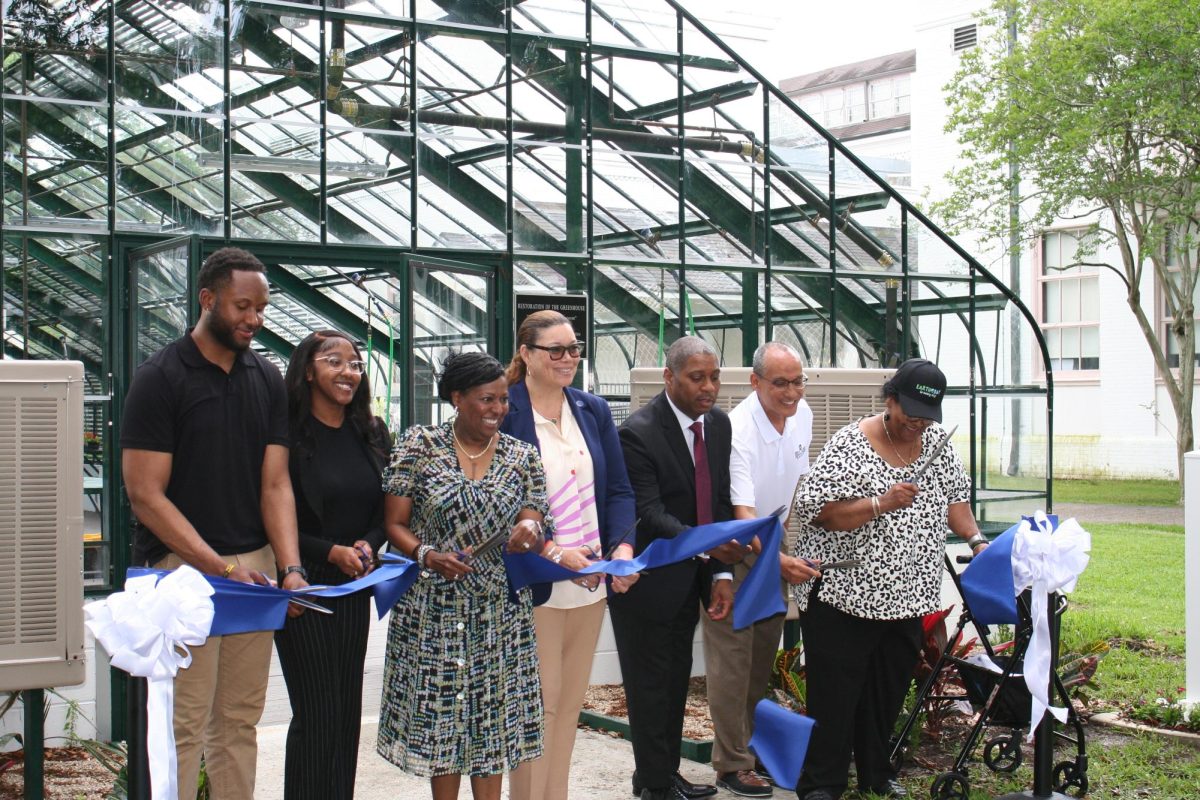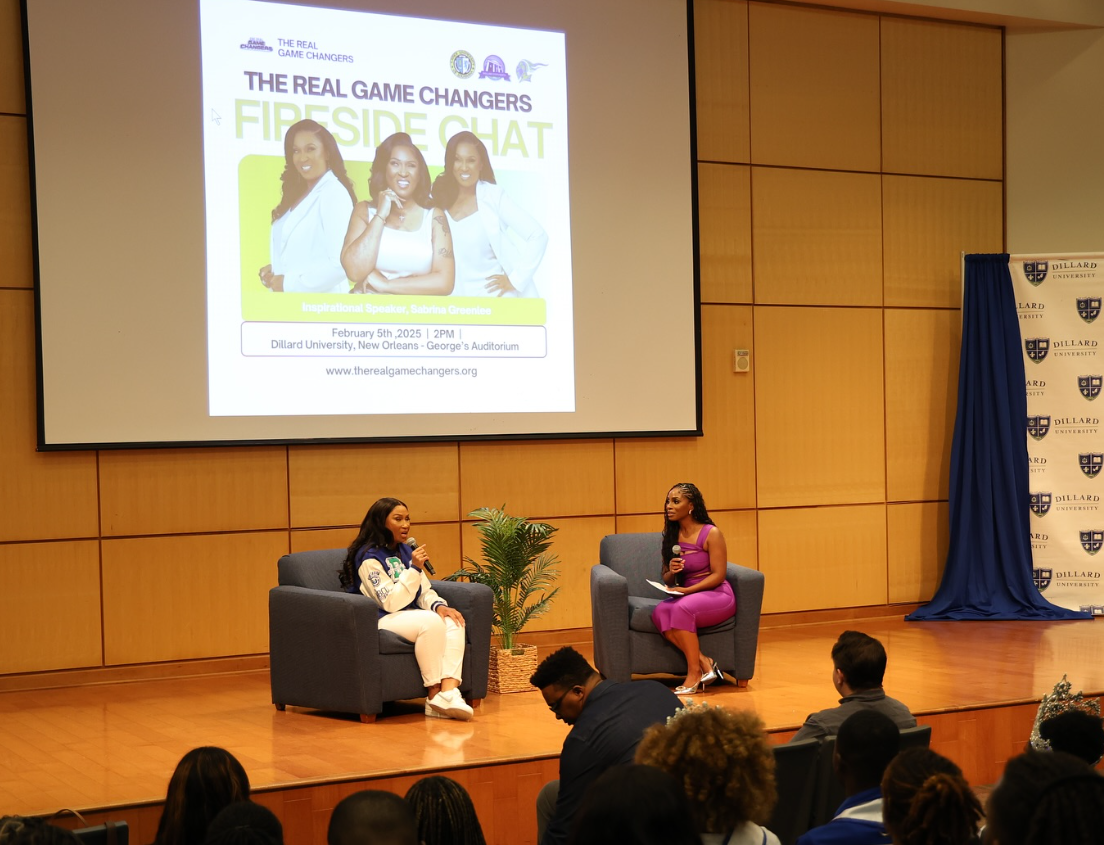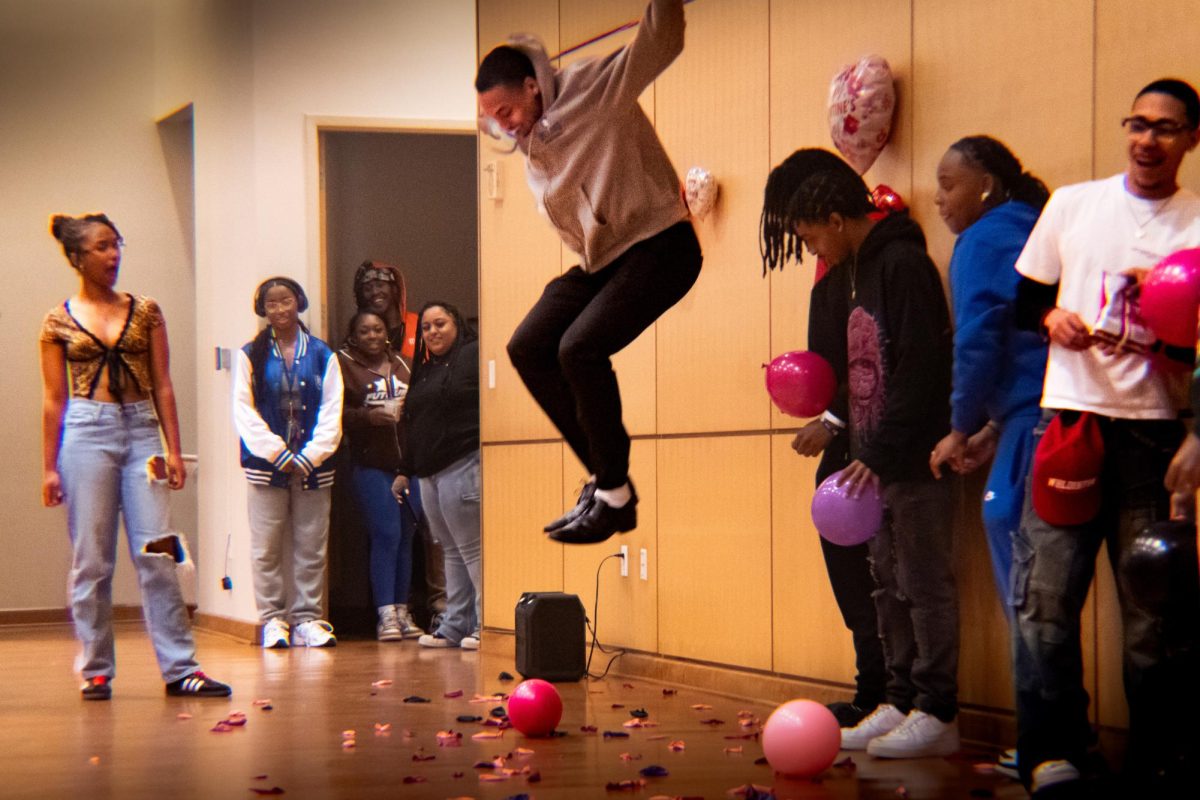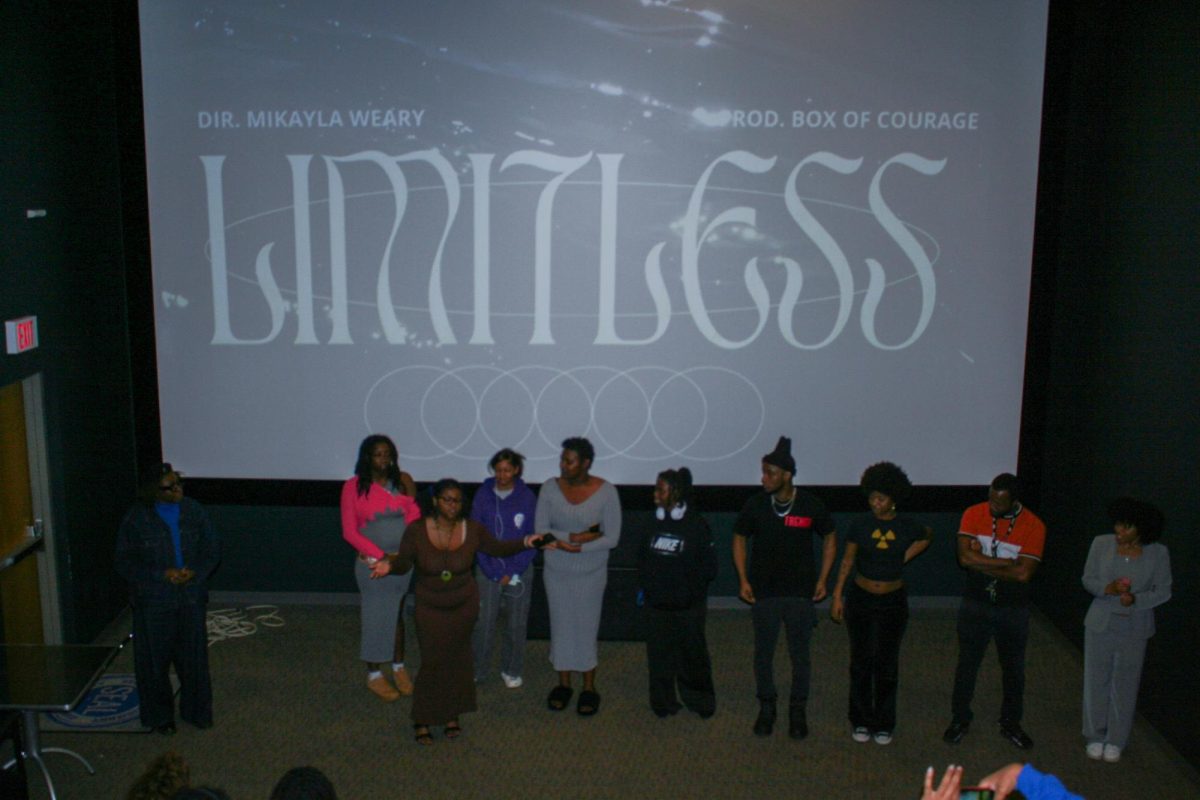The results are in, according to the Henry J. Kaiser Family Foundation, HIV is the leading cause of death for Black Americans between the ages of 25 and 44, but unfortunately, more disturbing than these statistics, a vast number of young adults are continuing to have unprotected sex because they believe that the HIV/AIDS epidemic that smothers the Black community cannot happen to them.
According to the Center for HIV Information, as early as 1982, Black Americans comprised 23 percent of all HIV cases reported, while only comprising 12 percent of the U.S. population. Today, studies show that Black Americans comprise over 50 percent of new HIV infections although, still only comprising 12 percent of the U.S. population.
The Black AIDS Institute found that Black Americans account for 54 percent of the new HIV/AIDS diagnosis in the country, and 63 percent of the new cases are among young adults.
Even with those statistics, according to an informal survey of random students at Dillard University ranging between the ages of 18- 24, 39 of 50 students have had, or are currently having unprotected sex. Of the 39 students who admitted to having unprotected sex, 18 said they had unprotected sex because they did not believe protection was necessary.
The Center for HIV Information, said the above survey findings should not be a surprise to anyone because young adults usually do not believe they are vulnerable to negative outcomes. “Changing risk behavior inherently involves identifying oneself as being at risk, and most surveys of young adults have found that this age group does not perceive themselves to be at risk for most negative outcomes (eg, car accidents, HIV/STD infection, pregnancy, etc).”
Robert Swayzer, the Deputy Director of Brotherhood, Incorporated, an organization that operates Trinity House, which provides transitional and permanent housing in a group home setting to low income individuals living with AIDS, said, “Lack of knowledge,” is the cause of the prevalence of HIV in the Black community. Swayzer said young adults in the Black community, and for the most part, the Black community as a whole believes that HIV is a gay white man’s disease; therefore, they do not see themselves as susceptible to HIV.
If young adults are failing to protect themselves because they believe they are not at risk for HIV/AIDS because it is a gay white man’s disease, then indeed, they are mistaken. In fact, The Center found that among Black American men, heterosexual contact accounts for 11 percent of the cumulative cases of HIV infection and eight percent of cumulative AIDS cases. However, for Black American women, heterosexual contact was the primary source of infection in 40 percent of the cumulative cases of HIV infection and 38 percent of cumulative AIDS cases. The Center also found that Black Americans between the ages of 13-24 comprise approximately 35 percent of reported AIDS cases in their age group.
Javani Garrison, a native New Orleanian, who attends UNO, said she does not understand why young adults in the Black community are continuing to have unprotected sex, especially with all of the campaigns encouraging them to protect themselves. Furthermore, Garrison said she does not understand why anyone at all can believe that they are not at risk for HIV/AIDS. “To be honest with you, I believe unprotected sex is like a box of chocolate because you never know what you’re going to get,” said Garrison. Consequently, she said she thinks the Black people who believe that HIV/AIDS cannot affect them are unintelligent. “They have to be living under a rock because statistics show that it is affecting them. They are the ones infected,” said Garrison. She also said that she too believes a lack of knowledge is the reason that young Black Americans are having unprotected sex at such an alarming rate. “We as a Black people need to educate ourselves,” said Garrison.
Like Garrison and many experts, Dominque Jackson, a native New Orleanian, who is also a student at UNO, said she also believes a lack of knowledge is the reason that young adults in the Black community believe they are not at risk for this deadly disease. “It’s sad because we are failing to educate ourselves about what seems to be killing only us. We have to be the ones to make a change because if we don’t make a change, no one else will, which will cause statistics to continue to rise,” said Jackson.
Robyn Williams, a native New Orleanian, who attends Dillard, said people tend to disassociate themselves from things that do not affect them directly. “The Black community is ignorant to HIV and they are not going to educate themselves unless it hits home. Even if you see people on television with the virus, you don’t know them, so it probably won’t matter much to you, but if it happens to someone you know, you will probably try to get a degree in the division of HIV,” said Williams.
Well if ignorance of HIV/AIDS among young adults in the Black community is responsible for them having unprotected sex, one may wonder, “What can be done to educate the youth in this community?”
Swayzer said the Black community needs to know how HIV/AIDS affect them, that HIV/AIDS is a preventable disease, and that protecting themselves is extremely important. In addition, when concerning intercourse, abstinence is the only absolute way to protect oneself from the HIV/AIDS epidemic. Swayzer added that Black Americans would not fully understand those three factors until there is a sufficient amount of resources about HIV prevention messages that target their community.
Garrison, Jackson and Williams alike said they believe there should be more campaigns out there that are similar to the campaign on BET, a campaign that educates the Black community of HIV/AIDS.
“The Rap-It-Up campaign is the best thing BET could have ever done for us. It has really contributed to saving lives,” said Jackson.
According to the Rap-It-Up website, the Rap-It-Up campaign launched in 1997 after the Kaiser Family Foundation collaborated with BET. The campaign is an extensive public education campaign that informs young people about sexual health issues, including HIV/AIDS and other sexually transmitted diseases. It includes special programming, public service advertisements, online content on bet.com and a free resource and referral service. The campaign is credited for testing over 5,800 people nationwide for HIV infection, managed over 98,000 calls to the Rap-It-Up toll-free hotline, hosted community teen forums for over 8,600 youth and reached millions of viewers via HIV-related programming on the BET Network, including award-winning news specials, documentaries and public service announcements.
“The Rap-It-Up campaign is really effective. It’s working for me. Honestly, I believe the commercials are the reason I always chose to protect myself,” said Erica Peyton, a native of St. Louis, who attends Dillard. Peyton said she believes the partnering of the Kaiser Family Foundation and BET was a great decision. “I really think they are concerned about us,” said Peyton. She continued saying, “The Rap-It-Up commercials are effective because the commercials consist of young Black people, and who is better to encourage Black people than Black people. Along with BET and the Kaiser Family Foundation, entertainers should also begin a campaign to encourage people to have protected sex. I believe more campaigns will lead to the decrease in HIV/AIDS statistics in every community, not just the Black community,” added Peyton.
Kyvon Hawkins, a native New Orleanian, who attends Dillard, said she believes the Rap-It-Up campaign is effective, but there is more that needs to be done, more programs are needed. Hawkins said she believes campaigns cause people to become desensitized to important issues. “The Rap-It-Up campaign is working a little, but a lot of people aren’t paying attention to it because the slogans become repetitive. It’s almost like the “Just Say No” campaign, do you believe many people just said, “No” because of that campaign,” asked Hawkins?
Like Hawkins, Jackson also believes more programs are needed. “There should be more centers near the Black community where the HIV/AIDS rate is the highest. The centers should have summer programs between the months of June and July that educate young adults in the Black community,” said Jackson.
While the definite effective methods that are needed to educate young adults in the Black community are uncertain, one thing is certain, statistics show that the Black community is dying at a rapid rate from a disease that is preventable.
One message that the world should never desensitize itself to is, “Know your status,” said Swayzer.





























